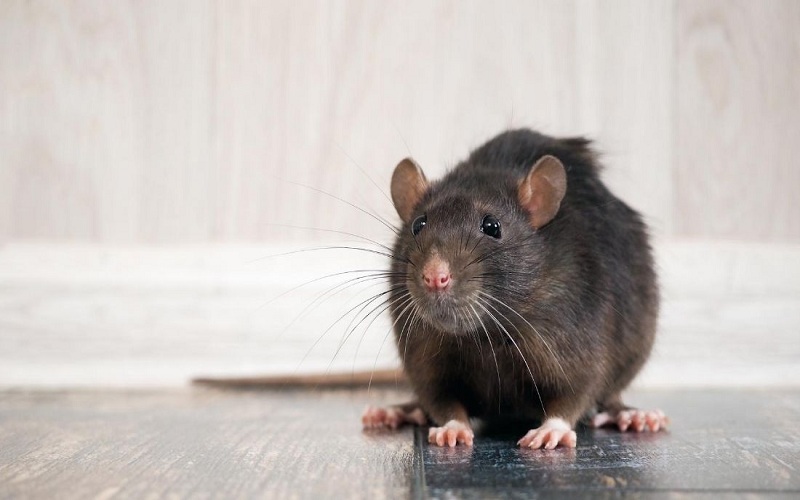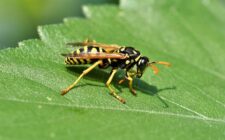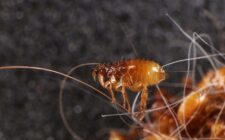Rodents like mice and rats can be a significant nuisance in homes and businesses, causing damage and spreading diseases. Traditional rodent control methods, such as poison and snap traps, can be inhumane and pose risks to pets and children.This guide provides a comprehensive overview of safe, ethical, and effective ways to control rodent populations while ensuring the safety of all inhabitant.
Understanding Rodent Behavior
To effectively control rodents, it’s essential to understand their behavior. Common rodent species, such as house mice and Norway rats, seek food, shelter, and nesting sites in human habitats. They are nocturnal, meaning they are most active at night. Rodents are excellent climbers and can squeeze through tiny gaps, making it easy for them to access homes and businesses.
Preventing Rodent Infestations
The best way to deal with rodent infestations is to prevent them from occurring in the first place. Here are some key strategies:
Seal Entry Points: Inspect your home for any cracks, holes, or gaps that rodents could use to enter. Seal these openings with caulk, steel wool, or other durable materials.
Eliminate Access to Food Sources: Store food, including pet food, in airtight containers. Clean up crumbs and spills promptly and dispose of garbage regularly.
Landscaping and Home Maintenance: Keep your yard clean and free of debris. Trim vegetation away from your home’s foundation, and store firewood and other materials at least 20 feet away from the house.
Natural Rodent Repellents: Use essential oils like peppermint, eucalyptus, and citronella, which rodents find unpleasant. Ultrasonic devices that emit high-frequency sounds can also help deter rodents.
Humane Trapping and Removal
If rodents have already invaded your home, humane trapping and removal are the most ethical methods of control:
Live Traps: These traps capture rodents without harming them.Place traps in areas where you’ve seen rodent activity, such as along walls or near food sources.
Handling and Relocation: Once a rodent is trapped, wear gloves to handle the trap and release the rodent at least a mile away from your home to prevent it from returning.
Painless Disposal: If relocation isn’t possible, consult with a veterinarian or pest control professional on humane euthanasia methods.
Dealing with Rodent-Related Damage
Rodents can cause extensive damage to your property. Here’s how to address it:
Cleaning Up Nests, Droppings, and Urine: Wear protective gear, such as gloves and masks, to clean up rodent droppings and urine.Disinfect the area thoroughly to prevent disease transmission.
Repairing Damage: Check for chewed wiring, insulation, and other structural damage. Replace or repair damaged materials promptly to prevent further issues.
Decontamination and Disinfection: Use a bleach solution or other disinfectants to clean areas where rodents have been active. This reduces the risk of disease and makes your home less attractive to rodents.
When to Call in the Professionals
While DIY methods can be effective, there are times when professional help is necessary:
Severe Infestations: If you notice a large number of rodents or extensive damage, it’s time to call in the experts.
Choosing a Humane Pest Control Company: Look for a pest control company that specializes in humane and ethical rodent removal. They should use methods that minimize harm to the animals and the environment.
Professional Services: Expect the professionals to conduct a thorough inspection, seal entry points, set traps, and provide follow-up visits to ensure the problem is fully resolved.
Effective rodent control involves a proactive and humane approach.By understanding rodent behavior, preventing infestations, using humane traps, addressing damage, and knowing when to call professionals, you can manage rodent populations safely and ethically.
Take back control of your home or business with these proven strategies for humane rodent control. For expert assistance, contact Recon Pest Control Services in Melbourne for comprehensive rats and rodents removal. Implement these measures today to ensure a rodent-free environment.




